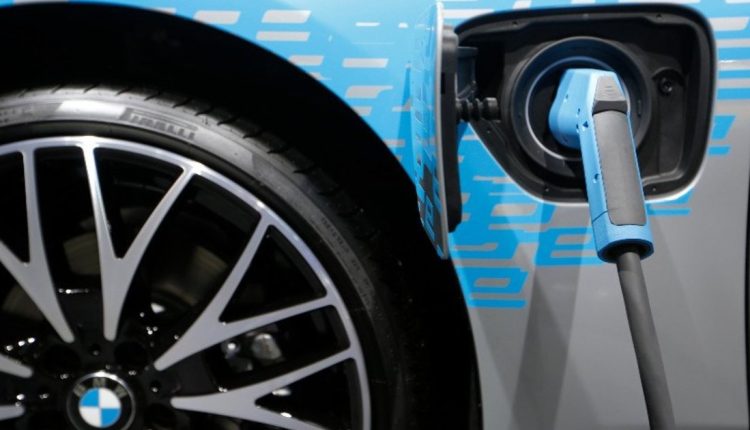BERLIN — BMW will power its new class of electric vehicles with cylindrical battery cells made in six factories by partners including China’s CATL and EVE Energy, as the automaker looks to speed up charging and extend driving range.
Two plants each in Europe, China and North America will produce round lithium-ion cells that enable longer ranges and faster charging than the prismatic cells BMW currently uses, the automaker said in a statement on Friday.
At roughly half the cost of prismatic cells, the technology is meant to bolster BMW’s planned Neue Klass, or “New Class,” EV platform and follows Tesla, which has been using a cylindrical shape for some time.
The automaker has already placed multibillion-euro orders with CATL and EVE to produce battery cells at four factories in China and Europe. It said it is seeking partners able to build two more factories in the U.S. and Mexico.
BMW said it would sign contracts for up to 20 gigawatt-hours of capacity at each of the six plants.
“We are approaching an enormous technology leap,” Frank Weber, BMW’s development chief, told reporters.
Weber said the Neue Klasse-based entry-level models might also use lithium iron-phosphate batteries, which are cheaper and don’t require nickel or cobalt, but offer less energy density and are heavier than the new round cells.
The line’s top EVs will have a range of as much as 800 kilometers (497 miles) and charge from 10 percent to 80 percent in less than 30 minutes, he said.


